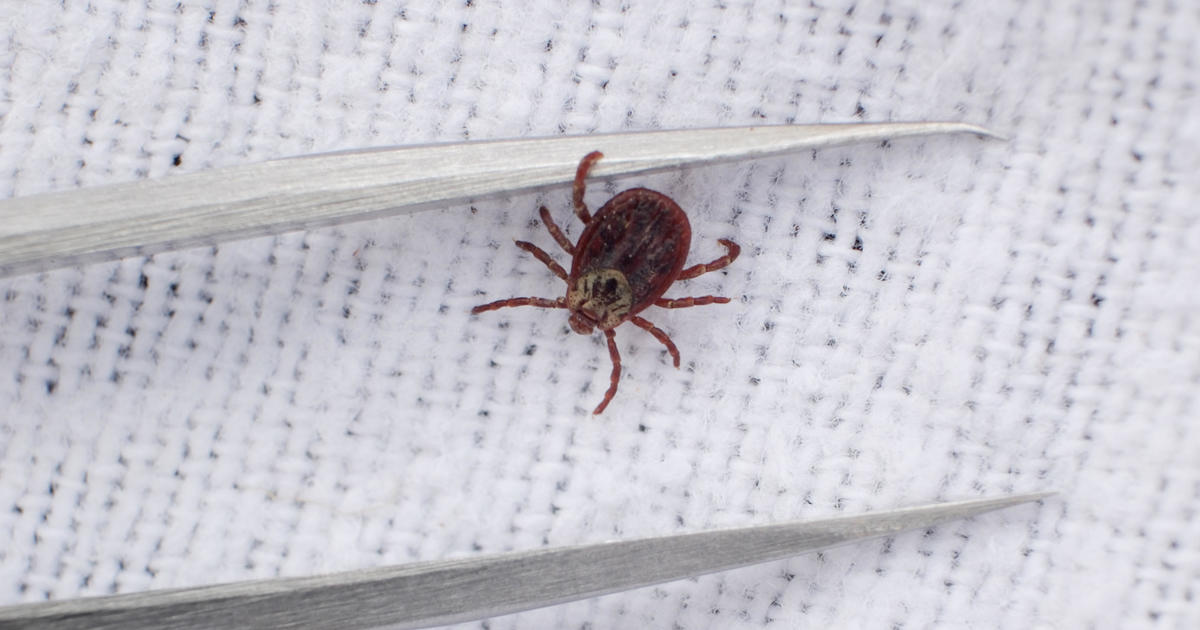Parents' smoking tied to genetic changes in kids with cancer
Parents who smoke may contribute to genetic changes in children that are associated with the development and progression of the most common type of childhood cancer, a new study finds.
While previous research has established the link between parental – particularly paternal – smoking and childhood acute lymphoblastic leukemia (ALL), this is the first study to link it to specific genetic changes in the tumor cells of the cancer.
The strongest associations were seen in children whose parents smoked during their infancy, but these deletions were also found in kids whose parents may have quit smoking even before conception. The findings were published in the journal Cancer Research.
ALL is the most common cancer in children, but in most cases the causes are unknown.
Lead study author Adam de Smith, a researcher at the University of California San Francisco’s Helen Diller Family Comprehensive Cancer Center, notes that while cure rates for childhood ALL are upwards of 90 percent, survivors may be affected in later life by increased risk of secondary cancers, heart disease and other illnesses due to the harsh effects of chemotherapy treatment.
“Our research is focused on trying to find risk factors for childhood leukemia, in the hope that one day we might be able to prevent this disease,” he told CBS News.
For the study, researchers analyzed data on pre-treatment samples from 559 ALL patients in California. They were looking to see if any of the eight genes that are frequently deleted in ALL patients were found to be missing in the samples.
The results showed that about two-thirds of the samples contained at least one of these genetic deletions.
Deletions were significantly more common in kids whose mothers smoked during pregnancy and after birth. For each five cigarettes smoked daily during pregnancy, the researchers found a 22 percent increase in the number of deletions. That number jumped to 74 percent when the mother was breastfeeding and smoking five cigarettes daily.
Additionally, the study showed that smoking five cigarettes daily by either parent before conception also was associated with a 7 percent to 8 percent higher number of deletions.
De Smith says the research should reinforce the need for parents to “minimize their child’s exposure to tobacco smoke both before and after birth, given our finding that smoke exposure during both time periods was associated with an increased frequency of leukemia-causing deletions.”
The authors acknowledge certain limitations to the study, including that it relied on parents to accurately recall and report their smoking habits in questionnaires, making it possible that the timing or amount of tobacco exposure might be incorrect in some cases. They were also unable to pinpoint which time period of parental smoking had the greatest effect, though de Smith says he hopes future research will be able to help determine that.
“Large-scale sequencing studies to identify genetic changes in tumor cells will be important for investigating other risk factors for childhood cancers,” he said.




